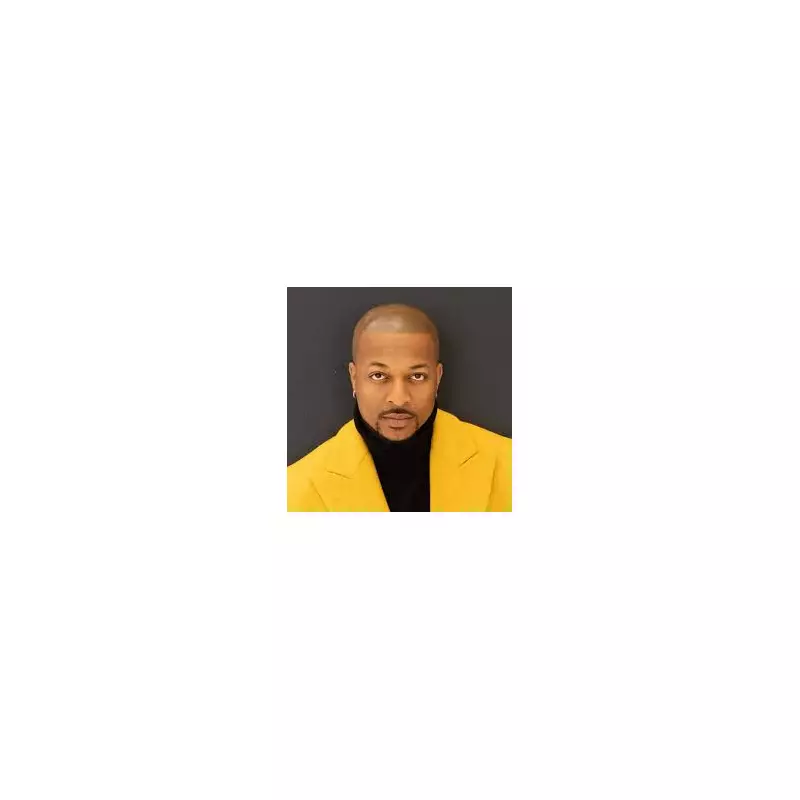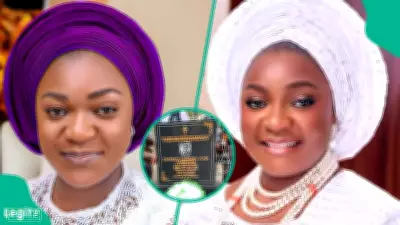
Nollywood actor IK Ogbonna has stirred significant controversy with his recent social media commentary regarding former US President Donald Trump's proposed intervention in Nigeria's security situation.
The popular actor took to his platforms to question the widespread outrage among Nigerians regarding Trump's statements about dealing with terrorist groups operating within the country.
The Core Question Dividing Opinions
Ogbonna posed a straightforward yet provocative question to his fellow citizens: "Do we actually want these terror groups eliminated or not?"
His comments come amid heated discussions about Trump's expressed willingness to intervene militarily against terrorist organizations in Nigeria if he returns to power.
Celebrity Voice in National Security Debate
The actor's intervention highlights how celebrity voices are increasingly shaping important national conversations around security and sovereignty.
"Many are quick to condemn foreign intervention," Ogbonna noted, "but we must ask ourselves if we're effectively handling these security threats on our own."
Mixed Reactions Across Social Media
The actor's stance has generated polarized responses:
- Supporters applaud his blunt assessment of the security crisis
- Critics accuse him of endorsing foreign interference in sovereign matters
- Many question the appropriateness of celebrity opinions on complex security issues
- Others see it as a necessary conversation about Nigeria's security challenges
The debate continues to rage across Twitter, Facebook, and Instagram, with thousands of Nigerians weighing in on both sides of the argument.
Broader Implications for Nigeria-US Relations
This controversy emerges against the backdrop of ongoing discussions about Nigeria's security partnerships and the delicate balance between accepting foreign assistance and maintaining national sovereignty.
As the 2024 US presidential election approaches, Trump's foreign policy statements regarding African nations, particularly Nigeria, are receiving increased scrutiny from both policymakers and the general public.





